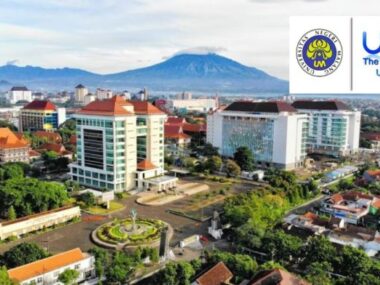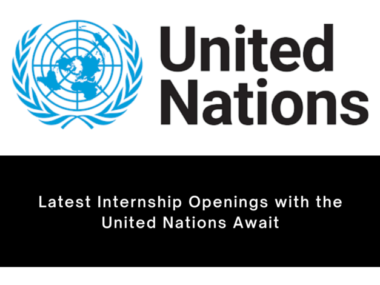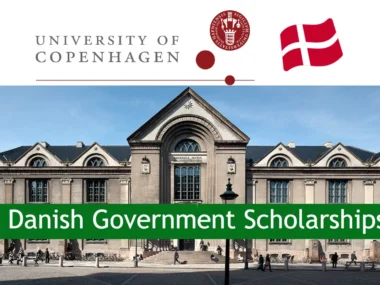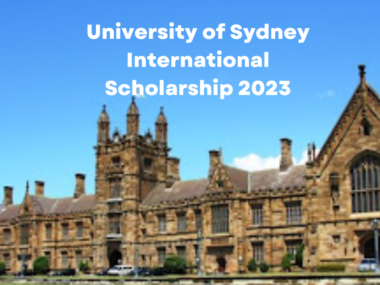Building a Foundation for Peace: The Role of Education in Conflict Resolution
Introduction
In a world where conflicts and tensions persist, the need for peace has never been more crucial. While political treaties and negotiations play a significant role in resolving conflicts, a sustainable solution can only be achieved if we address the root causes of these conflicts. Education, with its transformative power, has proven to be an effective means of building a foundation for enduring peace. This article explores the role of education in conflict resolution, its impact on individuals and societies, and the potential challenges faced in implementing educational strategies for peace. Additionally, a FAQs section seeks to provide answers to common queries related to this topic.
I. The Power of Education in Conflict Resolution
Education, as a tool for social transformation, empowers individuals and communities to challenge ingrained biases, promote empathy and understanding, and envision alternative narratives. By fostering critical thinking, education enables individuals to question the status quo and seek peaceful resolutions to conflicts. Here are a few key ways in which education contributes to conflict resolution:
1. Fostering Intercultural Understanding: Education exposes individuals to diverse perspectives and cultures, facilitating intercultural understanding. By learning about different cultures, religions, and belief systems, learners are less likely to succumb to stereotypes and prejudice that often underpin conflicts.
2. Nurturing Empathy and Tolerance: Education cultivates empathy by encouraging students to put themselves in the shoes of others. This empathetic mindset creates a foundation for tolerance, respect, and acceptance, effectively reducing the likelihood of conflicts arising from misunderstandings and miscommunications.
3. Equipping Individuals with Peacebuilding Skills: Education equips individuals with conflict resolution and mediation skills. By learning effective communication, negotiation, and problem-solving strategies, individuals become better equipped to address conflicts peacefully, whether personal or societal in nature.
4. Challenging Structural Violence: Education enables individuals to critique and challenge systems and structures that perpetuate inequality, injustice, and violence. By fostering a sense of agency and empowerment, education encourages individuals to work collectively towards a more equitable and peaceful society.
II. The Impact of Education on Individuals and Societies
Education plays a transformative role in the lives of individuals, as well as societies as a whole. Here are some ways in which education positively impacts conflict resolution:
1. Reduced Radicalization and Extremism: Education helps counter radical ideologies and extremism by providing individuals with critical thinking skills and knowledge. It offers alternative narratives that challenge divisive ideologies, narrowing the breeding ground for conflicts.
2. Social Cohesion and Reconciliation: Education fosters social cohesion by promoting inclusivity and respect for diversity. In post-conflict societies, education can contribute to reconciliation efforts by creating opportunities for dialogue, promoting mutual understanding, and healing past wounds.
3. Economic Development and Stability: Education is a catalyst for economic development and stability. By providing individuals with essential skills and knowledge, education enhances employability, reduces poverty, and increases social and economic opportunities. Economic stability, in turn, contributes to sustainable peace.
4. Gender Equality and Women Empowerment: Education is a powerful tool for promoting gender equality and empowering women. Equal access to education enables women to participate in decision-making processes, challenge gender norms, and contribute to peaceful development.
III. Challenges in Implementing Educational Strategies for Peace
While the potential benefits of education in conflict resolution are vast, several challenges exist that impede effective implementation. Some common challenges include:
1. Inadequate Resources: Limited funding and resources pose a significant hurdle in implementing quality education programs. Lack of infrastructure, qualified teachers, and learning materials hinder educational opportunities, particularly in conflict-affected regions.
2. Political Interference: Political agendas and interests may influence the content and delivery of education. In some cases, education may be used as a tool for indoctrination, perpetuating conflicts rather than resolving them.
3. Social and Cultural Barriers: Societal norms, cultural traditions, and prejudice can present barriers to education. Gender disparities, discrimination against minority groups, and cultural resistance to modern education may impede progress in conflict resolution.
4. Safety and Security Concerns: Conflict-affected regions often pose risks to the safety and security of students and educators. Lack of physical infrastructure, presence of armed groups, and the threat of violence can deter individuals from attending schools or pursuing education.
FAQs Section
Q1. Can education alone resolve conflicts?
A. While education is a crucial component in laying the groundwork for peace, it cannot solely resolve conflicts. Education, however, is fundamental in addressing the underlying causes of conflicts and equipping individuals with the necessary tools to resolve them peacefully.
Q2. Is education equally effective across all conflict contexts?
A. The effectiveness of education in conflict resolution can vary depending on the context. Factors such as the severity of the conflict, historical divisions, cultural dynamics, and political influences can impact the success of educational initiatives.
Q3. How can education promote peace in divided societies?
A. Education can promote peace in divided societies by fostering intercultural understanding, nurturing empathy and tolerance, and providing individuals with skills for dialogue and problem-solving. In post-conflict settings, education can play a vital role in reconciliation and healing.
Q4. How can the international community support educational initiatives for peace?
A. The international community can support educational initiatives for peace by providing financial resources, technical expertise, and promoting collaborations between governments, civil society organizations, and educational institutions. Fostering partnerships and sharing best practices are key to advancing education in conflict resolution.
Conclusion
Education serves as a crucial foundation for peace by addressing underlying causes of conflicts, nurturing empathy and understanding, and equipping individuals with the necessary skills for conflict resolution. While challenges exist, investing in education for peace is an investment in a more inclusive, equitable, and harmonious future. By recognizing the transformative power of education, governments, international organizations, and individuals can contribute to building a sustainable foundation for peace, one classroom at a time.





